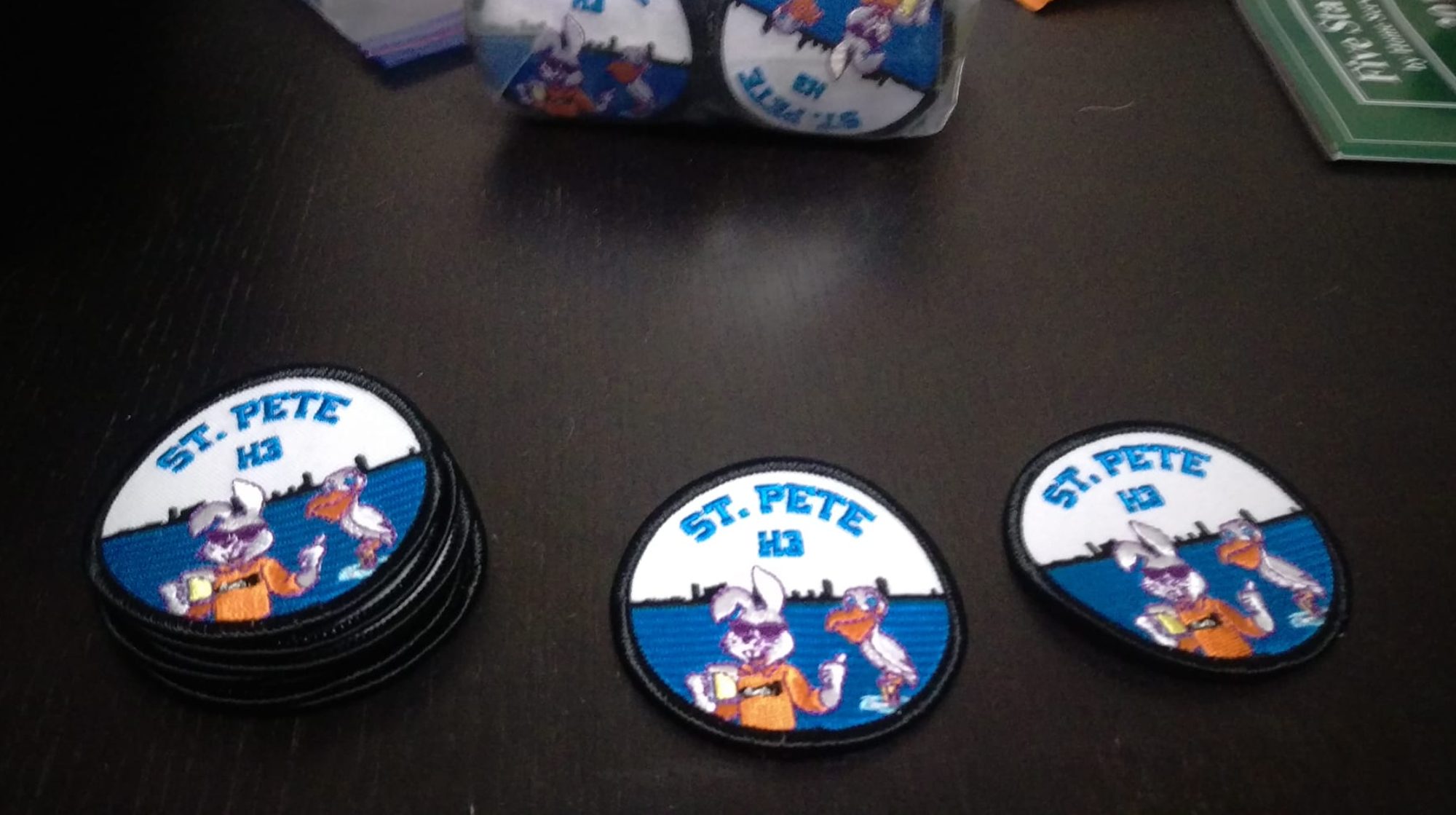CIRCLES
Most hash events end with a group gathering known as the “circle”, or less commonly as “religion”. Led by chapter leadership, the circle provides a time to socialise, sing drinking songs, recognize individuals, formally name members, or inform the group of pertinent news or upcoming events. Circles may be led by the chapter grandmaster, the group’s religious advisor, or by a committee. Impromptu input is welcome and/or solicited.
DOWN-DOWN
A “down-down” is a means of punishing, rewarding, or merely recognizing an individual for any action or behaviour according to the customs or whims of the group. Generally, the individual in question is asked to consume without pause the contents of his or her drinking vessel or risk pouring the remaining contents on his or her head. Individuals may be recognized for outstanding service, or for their status as a visitor or newcomer. Down-downs also serve as punishment for misdemeanours real, imagined, or blatantly made up. Such transgressions may include: failing to stop at the beer check, pointing with a finger, or the use of real names. Commonly, hashers who wear new shoes to an event can be required to drink from that shoe.
Many chapters include an ice seat or throne as part of the down-down ceremony. Those who are to consume a down-down sit on a large block of ice while they await the completion of the down-down song. If the offence that resulted in the down-down is particularly egregious, the hasher may be subjected to a long song with many verses.
HASH NAMES
In most chapters, the use of real names during an event is discouraged. Members are typically given a “hash name,” usually in deference to a particularly notorious escapade, a personality trait, or their physical appearance. In some chapters the name must be earned – that is, hashers are not named until they’ve done something outstanding, unusual, or stupid enough to warrant a name. In other chapters the process is more mechanical and hashers are named after completing a certain number of events (5–10 being the most common).
Some chapters focus on “family-friendly” names (for example: Lost My Way); others focus on names filled with innuendo (for example: Purple Vein); and some go out of their way to make the name as bawdy, offensive, or politically incorrect as possible.
Those hashers who have not been named are generally referred to as “Just (Name)”, “No Name (Name)” (e.g., “No Name John”) or simply Virgin.
Hashers are not permitted to give themselves nicknames due to the obvious conflict of interest. Hashers who do so are often renamed by the chapter at the earliest opportunity and with a more offensive name. Similarly, hashers who do get named and don’t like their name may end up being renamed by their chapter, the members of whom may strive to give the complaining hasher an even more offensive or inappropriate name.
New hashers verbally in pursuit of an obviously offensive or inappropriate name may intentionally be given a weaker name, such as “freckles.”
SYMBOLOGY
The traditional symbol of hashing is the outline of a human foot, or a pair, often including the phrase “On-On”. T-shirts are a common symbol of various hash clubs, and events. A large sample is available in the Digital Hash T-shirt Museum[14]
CLOTHES
Hashers occasionally wear specialized clothing on trail or to the closing circles. Common items include thick, knee high socks, commonly referred to as “Shiggy Socks”, kilts, or happi coats, with some kennels offering “earned” clothing such as bibs or sashes. Shiggy socks are worn to protect the shins and knees of the wearer from thorns, mud, branches, or whatever else they run through. The hash has its own tartan[15] for their kilts. Custom happi coats, originating out of Japan, are also commonly seen and made to reflect the local kennel.
INTERNATIONAL
There are several international events, where hashers from different groups get together to run and socialise, but the most famous is the biennial Interhash, where hashers from around the world gather. The 2006 Interhash—Chiang Mai, offered supporting runs in Thailand, Myanmar, Laos, Vietnam, Cambodia, and southwest China. The 2018 event is scheduled for the weekend of 27 May on the Fiji Islands.

